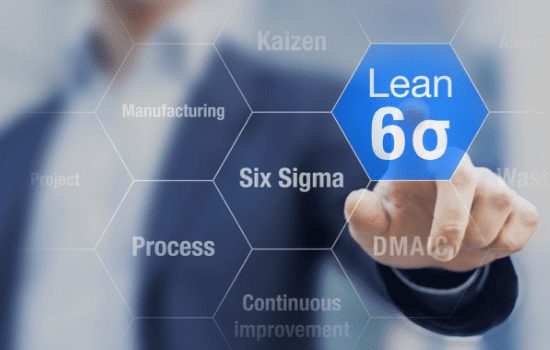Is Your CPA Firm Guilty of Stealing?
Originally published on October 30, 2014
Updated on November 14th, 2024
The vast majority of CPAs would never think of stealing money. Unfortunately, many CPA partners are guilty of stealing the energy of their firm administrators by failing to be adept leaders. As a partner, your responsibilities don’t end with being a rainmaker for your firm. You are also responsible for creating an organization that supports your products and services, and gives your team members the tools to perform efficiently and effectively. Having a large book of business doesn’t give you permission to negate the other responsibilities that come with being a partner and a leader within your firm.
As consultants to CPA firms, we regularly face opposition from CPA firm’s partners when we discuss the importance of implementing Lean Six Sigma to help streamline processes and eliminating waste. Many partners think they don’t need this within their organization. In reality, they haven’t taken a step back to honestly assess why and how they’re running their business, and if they could be doing it better.
Effective leadership = results. While effort is admirable, you are ultimately judged on our ability to demonstrate accomplishment. So how do you start delivering meaningful results for you and your team? You need to develop effective processes and make sufficient use out of your time and your employee’s time. You can start doing this by following these Lean principles:
- Effective delegation. Partners should be doing partner-level work. Effective delegation will save you time and will allow you to focus on the tasks you should be performing. Read more about delegation in a previous article.
- Break down the silos. Understand the nature of silo management, then develop a shared language of improvement and disseminate it across the value stream. Stop managing through the microscope and instead take a macro approach; create standardized systems across the entire organization and create overall efficiency. Read more about breaking down the silos in a previous article
- Burger King’s motto, “have it your way” isn’t always the best way. Leaders can put tremendous stress on the system when they need to have it their way in virtually all situations. You’re limiting your potential when you try to do or control everything in your work environment. Remember, by joining a firm you’ve given up your right of control, and your right to proclaim your way as the best way.
- Stepping out of your comfort zone. By staying in your comfort zone, you’re forcing everyone below you to stay within the comfort zone. How will you evolve as an organization if don’t step out of your comfort zone? Organizations that fail to change will fail to improve, and these organizations will ultimately left behind.
- Teamwork. Remember your physics: More can be lifted with a lever than by a single individual. Work smarter, not harder.
- Personal Preferences. Stop and think about your personal preferences and whether they provide value to your customer and anyone relying on your work product as it goes through the process. You should always listen to the voice of your customer and be mindful of who your customer is. For a CPA firm, your customer could be your client, your firm, or it could be a regulatory agency. If your personal preference does not add value to your customer, then it’s wise not to continue down that rabbit hole. Learn more about personal preferences.
Organizations that take the Lean approach create efficient systems that make better use of partner and employee time. Eliminating a wasteful process will give everyone more time to spend on value-added and revenue generating services.
About the Authors
Mike Sibley and Katie Davis are passionate about creating thorough and sustainable systems to help organizations become Lean Enterprises. In addition to writing and speaking on Lean Six Sigma, Mike and Katie work directly with an organization’s members to evaluate an existing process and identify solutions that eliminate waste, as well as build efficiency and quality into the process. Mike and Katie have applied these approaches for manufacturing, construction, professional services, and governmental entities.
Other Posts You Might Like

